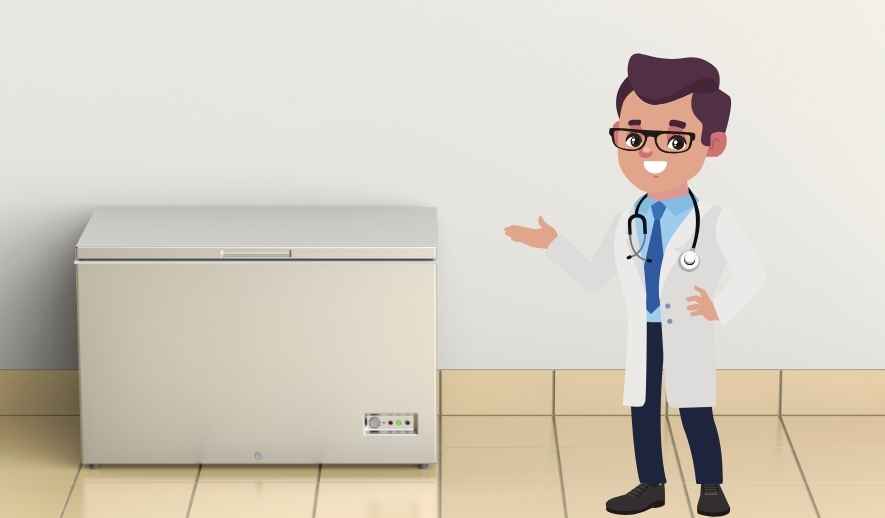Counsellors, psychologists, psychiatrists, nurses, mental health aides, and peer support professionals work together to provide mental health services in Dallas to treat mental illness in various contexts. No mental health treatment is universal, therefore individualized treatment is needed. Mental illness can vary considerably, even among persons with the same diagnosis. Maintaining mental wellness is crucial. Start with a reliable mental health screening.
Mental Health Services
Following are the few best mental health services offering in Dallas:
Psychiatric Hospitalisation
Mental hospitalisation refers to residing in a private mental facility. The hospital features a psychiatric unit. Psychiatric hospitalisation treatments often encompass stabilisation, meticulous observation, pharmacotherapy, hydration, nutrition, and further emergency interventions. Individuals may receive treatment regardless of their consent. And someone may be transported to a hospital involuntarily if they are severely injured or pose a threat. A candidate for psychiatric hospitalisation has:
- Severe mental illness.
- Delusions.
- Homicide or suicide ideation.
- No sleep or food for days.
- Lost self-care due to mental illness.
Residential or Inpatient Mental Health Care
Inhabitants of a residential facility can access mental health therapy around the clock, seven days a week. Individuals requiring constant medical supervision or experiencing severe, chronic symptoms unresponsive to outpatient mental health treatment may pursue this degree of therapy. The following are typical inpatient mental disorder treatments:
- Individual psychotherapy/counselling
- Group therapy
- Medication
- Medical supervision
- Recreational therapies
- Meditation, yoga, and other complementary therapies
Mental Health Outpatient Treatment
Outpatient mental health treatment does not need residency at the facility. Participants attend the treatment centre or therapist on designated days. Outpatient treatment for mental illness is optimal for mild to moderate symptoms. Many outpatient mental health treatments are available. Individual therapy is one example. Other are the following therapies:
- Group therapy.
- Family therapy.
- Support groups.
- Intensive outpatient care.
- Partial hospitalisation.
- Psychiatric drugs and outpatient care.
Treatment for Dual Diagnosis
Top psychiatrist in Dallas offers dual diagnosis treatment for integrated mental health care for individuals with co-occurring addiction and mental illness. Dual diagnosis treatment addresses both conditions concurrently. To heal fully, both illnesses must be treated together. A co-occurring anxiety illness may cause an addict to relapse to self-medicate. Treating the mental health issues and traumas that cause addiction can help prevent relapse and maintain sobriety.
Psychotherapy
Inpatient and outpatient psychotherapy (talk therapy) has successfully addressed many mental health disorders. Talk therapy offered by a psychiatry clinic in Dallas helps people or groups process their feelings and gain new coping skills by discussing their difficulties with a therapist. Many varieties of psychotherapy exist, including:
- Individual Therapy: Individual therapy is talk therapy when a person works with a therapist to treat unresolved emotions, traumas, and mental health issues utilising various methods.
- Group Therapy: It involves sessions led by therapists with a diverse range of participants. All participants engage with certain themes during group therapy. A therapist may facilitate a group therapy session addressing anger, postpartum depression, or suicidal ideation.
- Family Therapy: It is a form of psychotherapy in which family members engage with a therapist to address issues. Licensed marriage and family therapists (MFTs) typically offer family therapy services.
- CBT: Mental health services in Dallas include CBT. The most frequent psychotherapy treatment is cognitive behavioural therapy (CBT). Individuals, groups, and families can use it. CBT therapists replace toxic beliefs and behaviours with realistic self-talk and positive actions.
- DBT: Dialectical Behaviour Therapy (DBT) is frequently employed to address Borderline Personality Disorder (BPD). Other disorders have been addressed successfully. DBT emphasises evaluating problematic thoughts, emotions, and behaviours and finding a balance between acceptance and transformation.
- Interpersonal Therapy: Improves relationships by addressing issues and teaching new communication skills. Couples counselling or depression patients who have trouble relating may use this therapy.
- EMDR: EMDR (eye movement desensitisation and reprocessing therapy) treats PTSD. Reciprocal ocular movements facilitate the brain’s processing of distressing memories during EMDR.
Alternative and Complementary Treatments
Alongside therapy and medicine, complementary and alternative mental health treatments are accessible. Prevalent complementary therapies encompass:
- Yoga: The movements and breathing techniques of yoga integrate the mind and body. Yoga enhances strength, flexibility, and psychological well-being.
- Meditation: medicines alleviates stress, anxiety, depression, and various other mental health concerns. Guided meditation, awareness, and breathing exercises constitute many techniques of meditation.
- Nutrition: Diet has significant mental health effects. One can improve their mental health and reduce mental illness symptoms by properly monitoring their nutrition.
- Exercises: Exercise is very beneficial for mental health treatment. To reduce stress, mental health patients should exercise for 30 minutes daily.
Conclusion
Above mentioned treatments can help you navigate mental health services in Dallas and get the care you need for a healthier, more balanced life. Exploring the range of services and their benefits is essential for choosing support that matches personal goals and values. Each service helps people with mental health by providing tools, resources, and guidance to overcome obstacles and improve well-being.


